Barry Bennell clearly had role at Manchester City, court hears
- Published
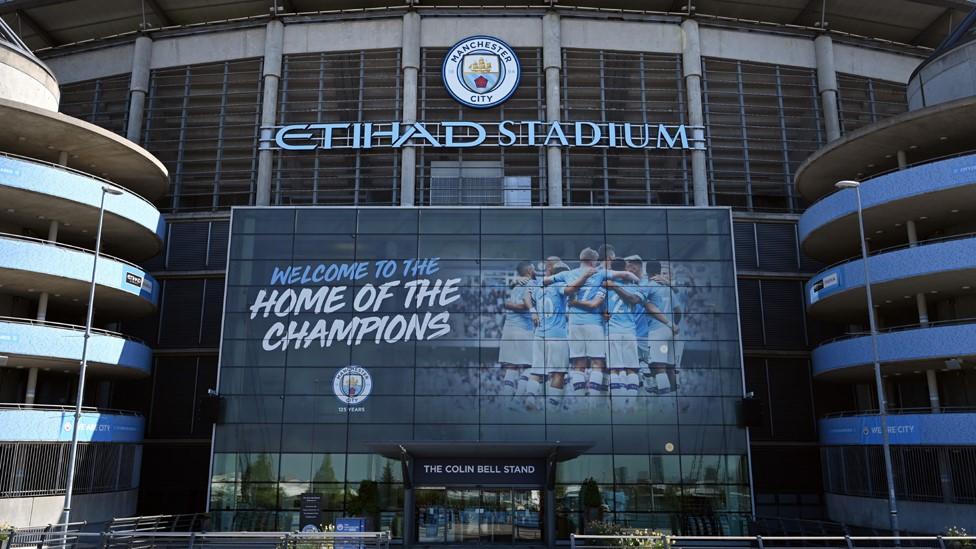
Eight men claim Barry Bennell was operating as a Manchester City scout when they were abused
Paedophile former football coach Barry Bennell "quite clearly" had a role at Manchester City, a court has heard.
A man who is suing the club has told a High Court hearing he first met Bennell in the early 1980s and that "everybody knew" him at Manchester City.
He is one of eight men taking legal action, claiming Bennell abused them when they were playing youth football more than 30 years ago.
The man has said that an apology from the club "means nothing" to him.
Premier League champions Manchester City dispute the claims.
Lawyers for the club said Bennell was a "local scout" in the mid-1970s but did not have a role in the 1980s.
Mr Justice Johnson, who is overseeing the hearing at the High Court in London, has heard the men were sexually and emotionally abused by Bennell between 1979 and 1985 and suffered psychiatric injuries.
They say Bennell was operating as a Manchester City scout and want damages from the club.
Six of the men are also claiming damages for loss of potential football earnings.
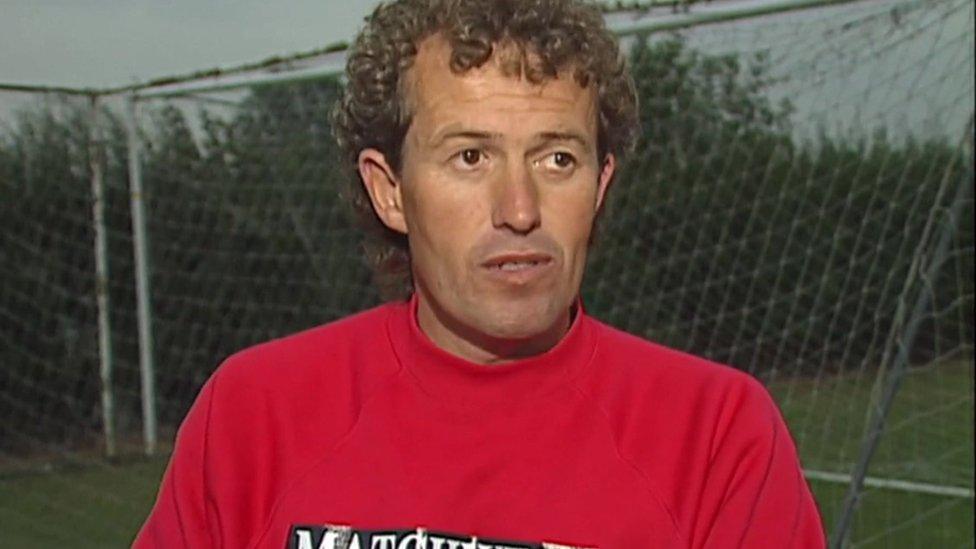
Barry Bennell is currently serving a 34-year prison sentence
Bennell, who worked as a coach at Crewe Alexandra, is serving a 34-year prison sentence after being convicted of sexual offences against boys on five separate occasions - four in the UK and one in the US - and is being held at Littlehey prison near Huntingdon, Cambridgeshire.
The man, the first of the eight to give evidence at the damages trial, recalled first meeting the coach when he was a schoolboy.
Bennell had approached his father and carried a blue card describing him as Manchester City's "north-west representative", he said.
The man, who cannot be named for legal reasons, said he subsequently trained at the club's training ground.
"Bennell would walk through the doors, no problem," the man told Mr Justice Johnson.
"Everybody knew him. He did have a role, quite clearly, at Manchester City."
He added that Manchester City "had some control" over Bennell.
The man, who the judge heard wants more than £200,000 in compensation for lost earnings, told the court: "He ran, coached and scouted for them, their teams and their players."
He told Mr Justice Johnson he had not taken part in a compensation scheme set up by the club because he did not agree with its terms and conditions.
He told the judge: "They didn't negotiate, they dictated. They said to us, 'it's this way or the highway'. They have done nothing in my case to resolve things."
"Their apology means nothing to me any more."
Barrister James Counsell QC earlier told the court the men had not found "closure" and added: "In most cases these claimants' symptoms are now worse than they were before."
He said there were reasons why proceedings had not been brought earlier.
Mr Counsell said the men had been very young when they were abused and had been traumatised.
He said they had feared bullying and worried disclosure would damage their chances of becoming professional footballers.
"Most of these claimants tried to deal with their ordeal by trying to block it out," Mr Counsell said.
The trial continues.

Why not follow BBC North West on Facebook, external, Twitter, external and Instagram, external? You can also send story ideas to northwest.newsonline@bbc.co.uk
Related topics
- Published25 October 2021

- Published5 May 2020
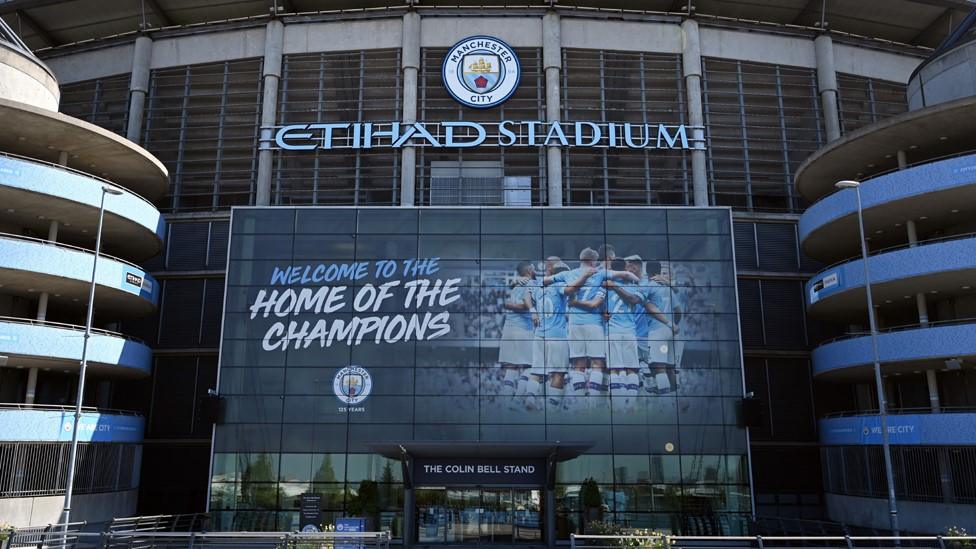
- Published19 February 2018
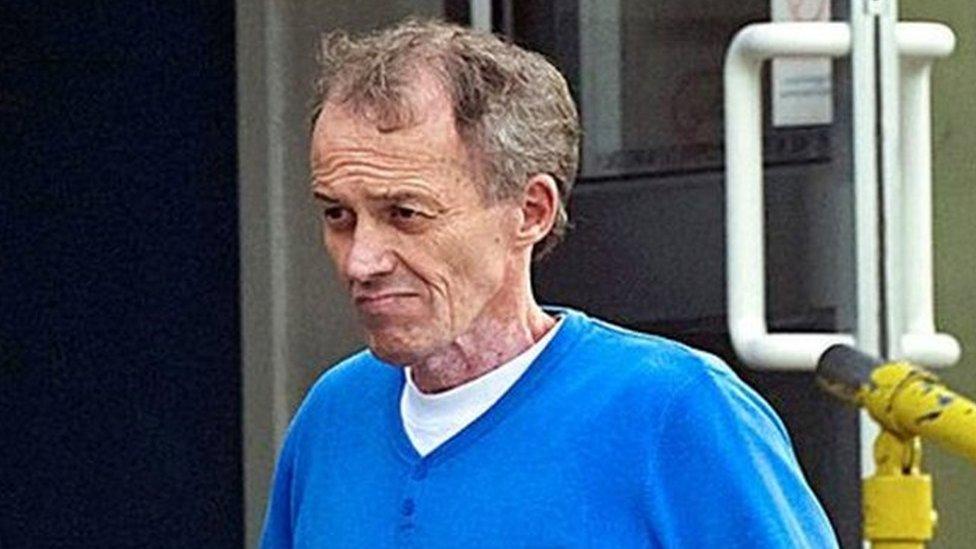
- Published15 February 2018
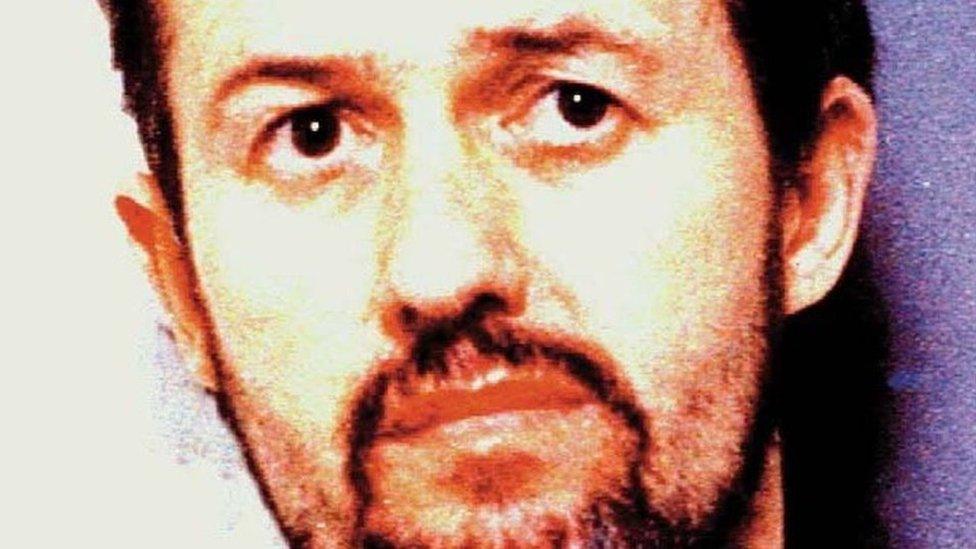
- Published15 February 2018
